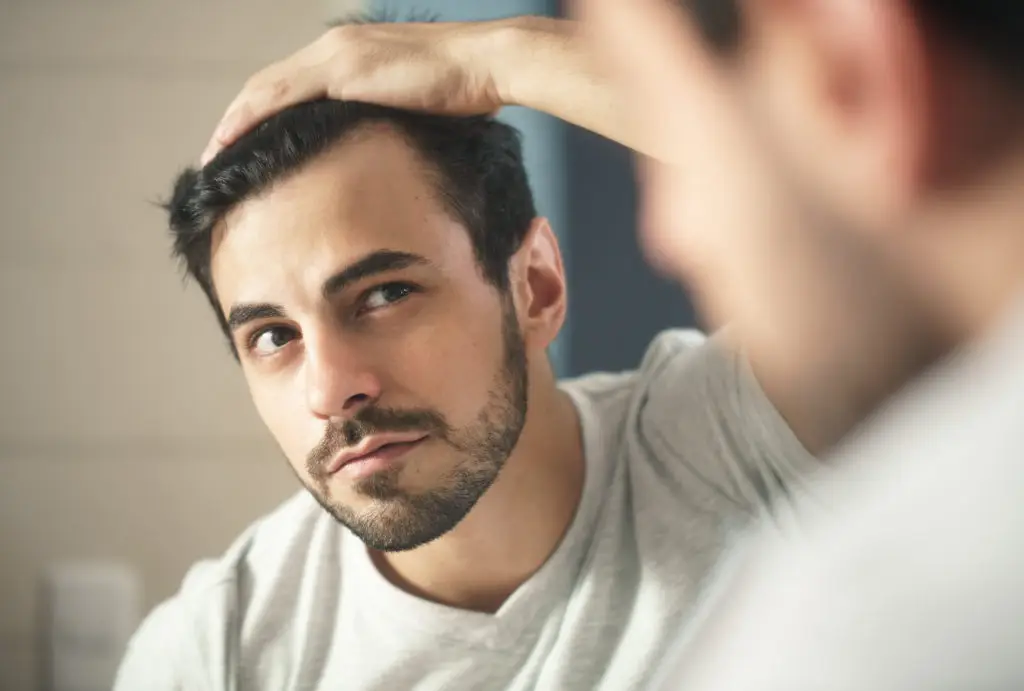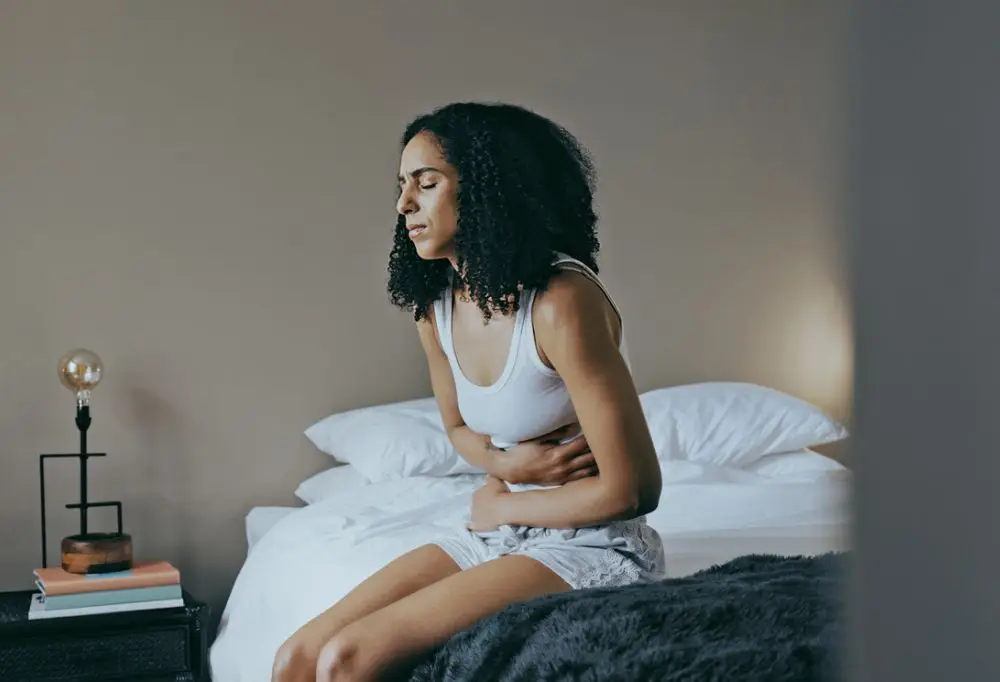Millions of men and women suffer from hair loss each year. Your hair health affects your self-esteem and it is very distressing to find clumps of hair falling out, to notice your part is getting wider, or even worse, to see bald spots emerging.
There are numerous factors that can cause hair loss. And while there is no proven scientific way to stimulate hair growth, there are things you can do to prevent hair loss and to restore it.
Common Causes for Hair Loss
Recently hair loss after having COVID-19 has been a growing concern.
According to the American Academy of Dermatology Association, it is the fever associated with COVID-19 that correlates to temporary hair loss once recovered.
“While many people think of this as hair loss, it’s actually hair shedding. The medical name for this type of hair shedding is telogen effluvium. It happens when more hairs than normal enter the shedding (telogen) phase of the hair growth life cycle at the same time. A fever or illness can force more hairs into the shedding phase.”
Hair loss will most likely occur two-to-three months after the fever or illness and can take up to six-to-nine months to stop shedding and be back to normal.
6 Ways To Maintain and Regrow Healthy Hair
- Get some ZZZs. Sleep plays an important role in rejuvenation. Sleep disorders like insomnia and narcolepsy can affect hair health and cause baldness over time. For adults, the National Sleep Foundation recommends between seven to nine hours of sleep each night.
- Keep stress at bay. Stress can affect your overall health and quality of life. Severe stress can be one of the biggest culprits of hair loss, though there is usually a delay of three to six months before the hair actually begins to fall out. Several studies have shown that stress can trigger everything from headaches and hair loss to more serious medical conditions like a heart attack. Reduce stress levels with physical activity and relaxation techniques such as meditation and yoga.
- Eat a healthy diet. If you don’t get enough protein in your diet, your body may ration protein by shutting down hair growth, according to the American Academy of Dermatology. Also, limit junk food, which could lead to nutritional deficiencies and can contribute to hair thinning and balding.
- Watch your iron levels. Hair loss is one of the most prominent symptoms of Anemia, or iron deficiency, in the body. The blood lacks sufficient red blood cells to transport oxygen to cells throughout the body, including hair follicles, and hair becomes deprived of essential nutrients required for strength and growth. If you’re anemic, eat and drink foods that help your body absorb iron, like orange juice and berries. Your doctor may also prescribe a daily iron supplement.
- Take supplements. When hair thinning and balding is significant, it can take a mental and emotional toll. Hair loss doesn’t have to be permanent. There are hair regrowth options like Blood-Derived Growth Factor injections (only available at select Forum Health locations) to stimulate new growth, as well as supplements that promote healthy hair and scalp which include:
- Biotin – 5-8 mg per day
- Zinc – 30 mg per day
- B-vitamin complex (B6, Riboflavin, Folic acid)
- Magnesium – 500 mg per day
- Essential fatty acids (Omega Pure Fish Oil capsules, Flax seed)
- Iron, if iron deficient
- Vitamin D-3 – 10,000 IU per day
- Selenium
- Iodine – RX Lugol’s Iodine Solution – 1-2 drops per day (critical for hair health and thyroid function)
- Check your hormones. The most common cause of hair loss is thyroid and other hormone deficiencies. Correct hormone levels help keep hair in place and when those levels begin to wane, hair loss can occur. Estrogen, testosterone, and thyroid deficiencies can not only cause hair to fall out but can also cause changes in the hair, such as dryness and brittleness, which causes it to break off. It may also become finer and lose body. In addition, the scalp may become dry and itchy. We see the most significant hair loss and/or changes in the hair in men and women who are testosterone deficient. However, since thyroid, testosterone and estrogen (for women) play a role in hair loss, it’s important to have all hormone levels checked and balanced. When hormones become balanced, the skin and scalp become healthier within days to weeks and new hair growth is noticeable within a month!
It’s also important to incorporate lifestyle changes which include eating a diet of whole foods (fat and protein) along with plenty of fruits and vegetables. Cutting way back on processed foods, simple carbohydrates and sugars helps tremendously as well. Adding a regular exercise routine and practicing stress reduction techniques also improved not just hair health, but overall health too.
To learn more about managing your hair loss using an integrative approach,






